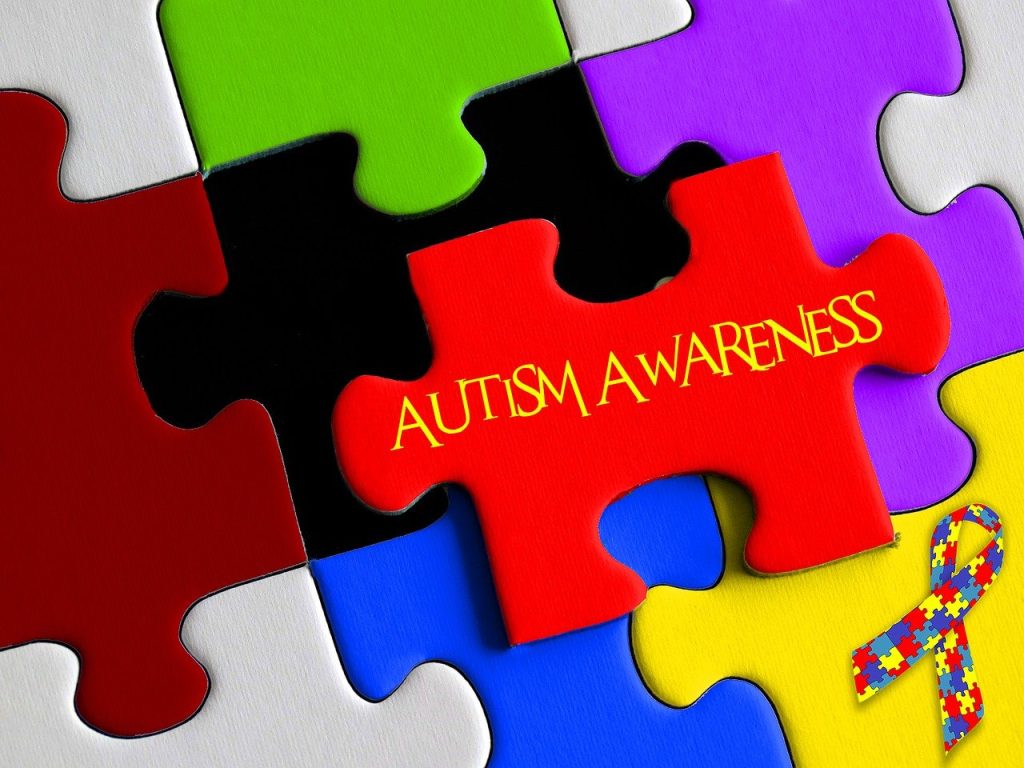What is Autism?
Autism, or Autism Spectrum Disorder (ASD), is a neurological condition that affects how a person thinks, feels, and interacts with others. It is a term that covers a wide range of experiences, from mild through to severe. It can be an asset or a disability or sometimes a mix of both.
Common Traits of Autism

- Social:
- Difficulty with interpreting social interactions and understanding non-verbal cues such as facial expressions.
- A preference for structured and predictable social situations.
- Communication:
- Differences in verbal and non-verbal communication, such as tone of voice and facial expressions.
- You may prefer alternative forms of communication such as writing or pictures.
- You may need to process communications over some time before you are able to construct a reply
- Sensory Sensitivities:
- Heightened or reduced sensitivity to sensory input like touch, sound, taste, light and internal sensations such as pain or nausea.
- You may seek out some sensations repetitively, sometimes called “stimming”
- Emotions:
- Difficulty interpreting and understanding emotions in yourself and/or others
- Sensitivity to anxiety leading to an increased risk of anxiety disorders
- Expression of emotion can be different to those who are neurotypical
- Special Interests:
- Intense focus and passion for specific topics or activities.
Autism is a natural variation in the way people think and process information. It is not something that needs to be “fixed.” There do sometimes need to be adaptations needed to help those with Autism manage around neurotypical people. It can take time to understand the positives, strengths and unique perspectives that you have.
Tips for Managing Autism
- Be Patient and Understanding:
- Give time for responses and try to be explicit in your communication. Remember they may need to work hard to translate their communication into something you will accept or understand as a neurotypical individual.
- Respect Sensory Needs:
- Be mindful of sensory sensitivities and provide a comfortable environment.
- Celebrate Special Interests:
- Engage in conversations about their passions, and be open to learning
- Avoid Making Assumptions:
- Remember that Autistic individuals are as varied as neurotypical individuals, everyone experiences the world differently, and what works for one person may not work for another.
- Ask for Feedback:
- If you’re unsure about something, don’t hesitate to ask for guidance.
Autism and Empathy
Autistic individuals are understanding and caring but may express empathy differently or in a way that neurotypical individuals struggle to accept. Recognize and value all ways of showing compassion.
